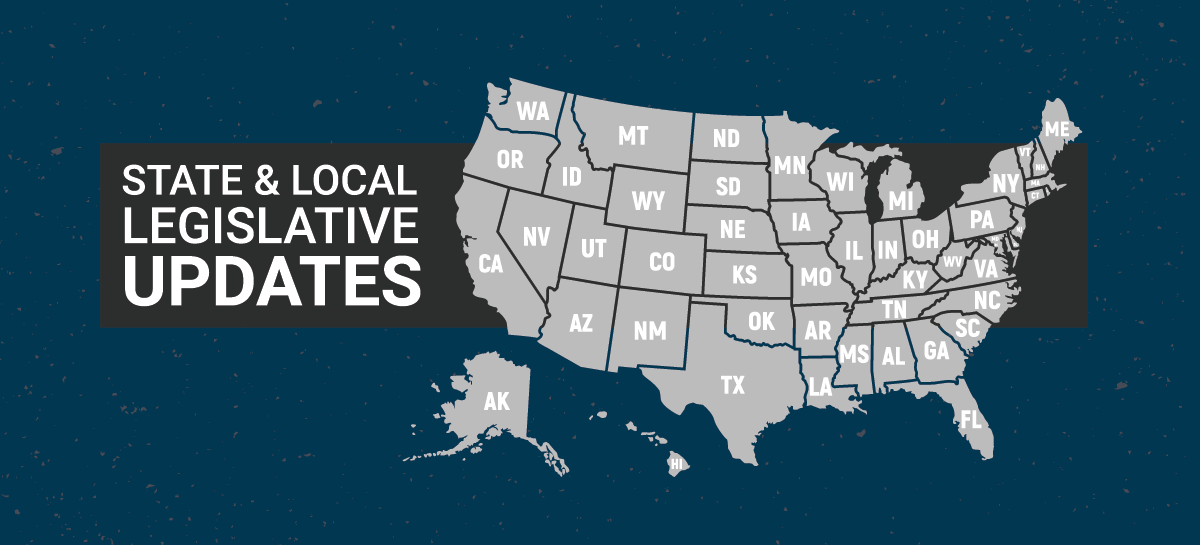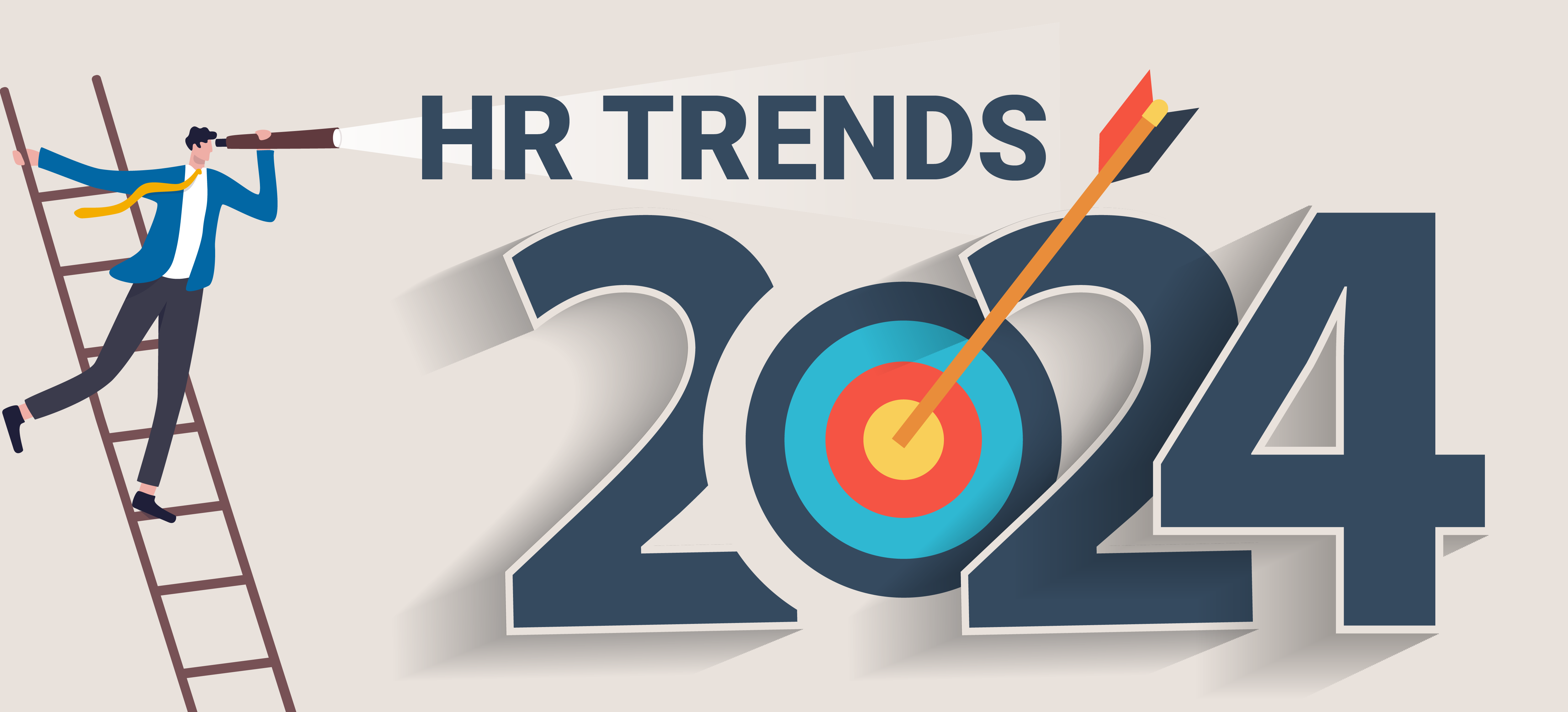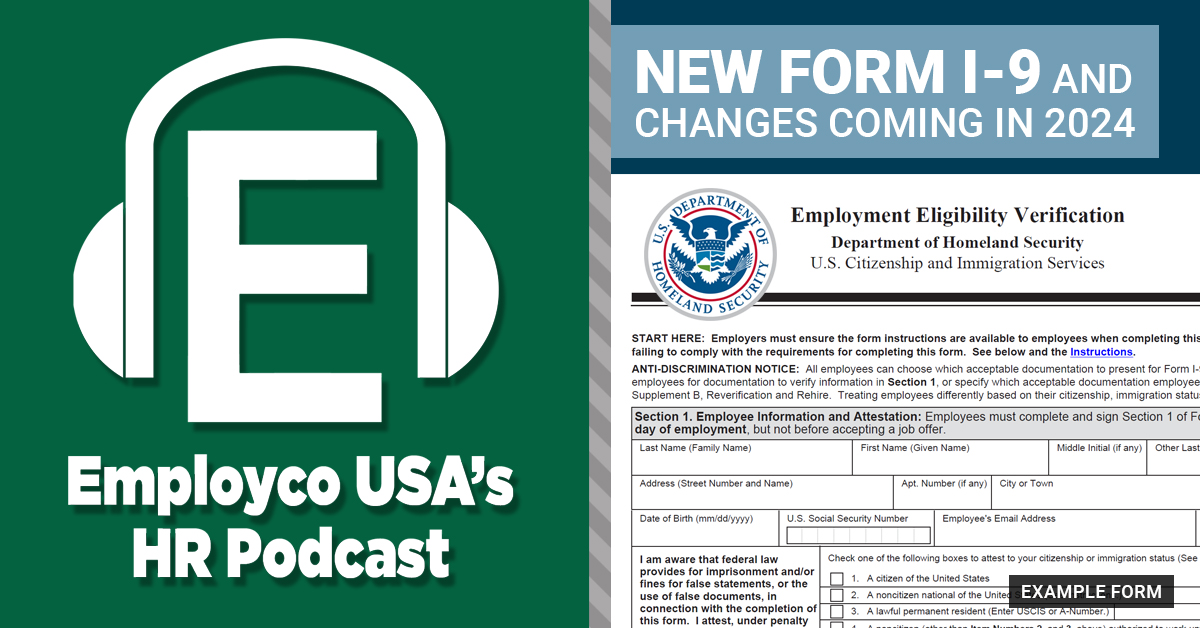Rob Wilson, President of Employco USA, was recently interviewed for an InsuranceNewsNet article titled “Independent Contractor Rule Proposal Spurring Angst, Confusion.”
Snippet from the article:
“An economic realities test puts a whole new host of requirements on American employers,” said Rob Wilson, President of Employco USA, a national employment solutions company. Wilson says that the term has a simple meaning: If a person is financially dependent on an employer for work, then they are an employee.
“Employers will have to look at their staff and ask questions like: ‘Can this person profit (or loss) based on their acumen and skill set?’ If they can’t, this points to the fact that they are an employee, not an independent contractor,” said Wilson.
Read the full article here:
https://insurancenewsnet.com/innarticle/independent-contractor-rule-proposal-spurring-angst-confusion







